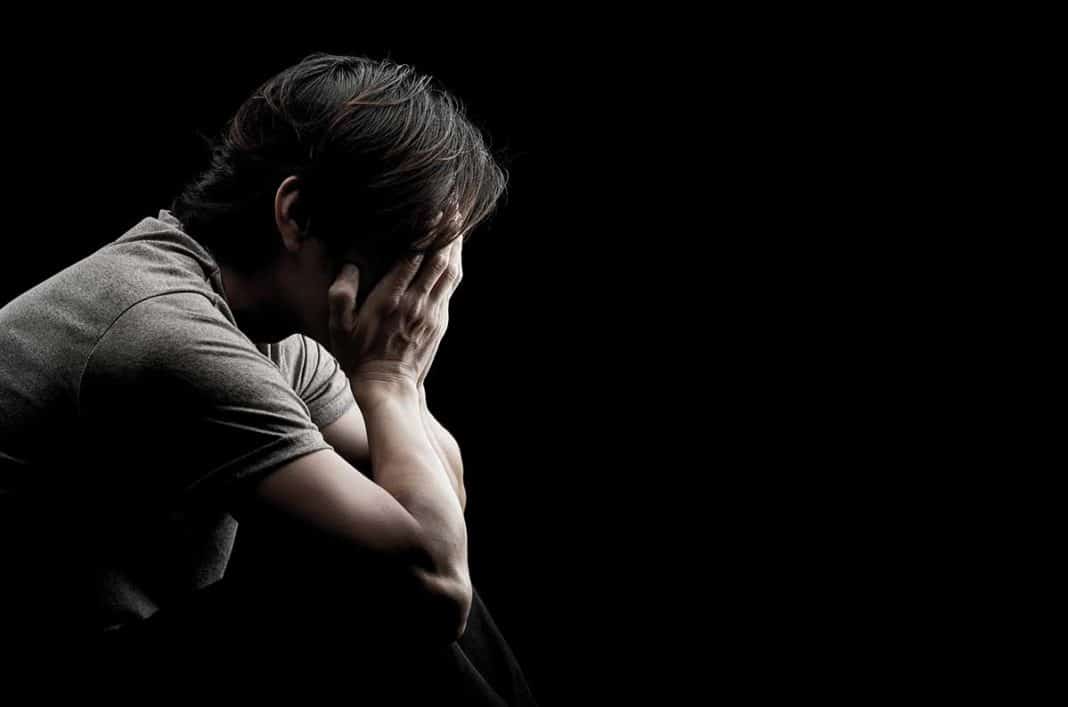Spousal abuse: When men are the victims
Part II of a series
EDITOR’S NOTE: The male-victim experience of family violence is a topic that warrants closer examination to better understand this under-reported and stigmatized issue. The Expositor will be exploring various facets of this problem in this series, continued here with a look at the role of education for all parties in reducing the harms of intimate partner violence.
MANITOULIN – The Island man who shared his story of surviving family violence said all people need better education on both the warning signs of abuse and what responses are acceptable when facing such situations, to help others avoid meeting a similar fate.
After his ex-partner upended his life, he saw more than a dozen professionals both for support and to assess his mental state, all required to clear his name and regain his job and livelihood.
One part of this journey was taking part in a Partner Assault Response (PAR) program, in which the man learned about behaviours that people of all genders use to exert power and control over others.
This information, presented in a graphic of a wheel, includes using coercion and threats, intimidation, using emotional abuse, using isolation, minimizing, denying and blaming the other person, using children as leverage, using male privilege and using economic abuse.
The man said he noticed nearly all of those signs, except for male privilege, when reflecting on his former partner’s behaviour toward him. Like many people, his understanding of domestic violence used to hinge upon physical harm.
“Unless you’ve gone through it, people usually don’t know about (the warning signs of abuse),” the man said. “I honestly see the world differently now.”
The man said he has begun to look at others differently in the ways they interact individually and with a partner and has become vigilant to some warning signs.
“I listen for the way they speak with each other, like if one of them is definitely dominating all of the conversations, as one example,” he said. “No one should walk away feeling like they’re dehumanized.”
The way one speaks about their partner when that individual is not present can be a warning sign—especially when one side makes demeaning comments or seems to have a negative perception of their partner.
The man said he found support through the work of author Jackson MacKenzie, who has developed a list of warning signs that a partner may have the traits of a potential abuser.
Some of these include withholding attention to create a need response, acting dismissive to the other person, using jealousy to exert control, acting in emotion-provoking ways and then getting upset if the other person calls them on their behaviour, or minimizing their own flaws and fixating on those of their partner.
“I used to think I was crazy,” said the man. “Seeing these red flags was really key for me.”
The next widespread barrier, he said, will be for men to admit that they, too, can be victims, rather than taking on a role of perpetual strength and remaining silent about the issues they face.
“The first thing is (abused men) have to have the courage to admit it, to have the courage to say, ‘help, I’m being abused by my female spouse.’ That might be the hardest thing to get them to do,” he said. “For people going through relationship problems, go talk to somebody. Don’t be afraid to tell somebody.”
Strength, in itself, should mean more than the archetypal physical strength that humans have associated with traditional values of masculinity. This definition is already beginning to shift but observers note that there is still much work to be done to embrace the broader understandings of masculinity and strength.
“I think men are afraid of being emasculated or embarrassed because you’re seen as ‘too weak’ or that you ‘got controlled by a woman,’” he said. “Maybe we can reduce violence against men by educating men (about the signs of abuse), but maybe we can also reduce violence against women by getting men to understand that strength is much more than just ‘being a man.’”
When men face threats to their ideals of masculinity, he said, the default response is often to react with physical strength or violence as a default. This, however, is harmful and perpetuates cycles of abuse and lateral violence—effects of victimization that spread beyond the original source.
“Men need to realize that violence is not the answer. Sure, maybe you’re being dehumanized and yelled at, but punching your wife is never the answer. You have to have the courage to walk away and not worry about the stigma of not being ‘masculine,’” he said.
This educational piece could have benefits for broader society and, especially, for women who face abuse at the hands of men.
Since breaking free from his family violence cycle, he has begun educating other men on the things he has learned, such as not responding to violence with more violence, not allowing oneself to get trapped in a room and to take a step away to cool down when tensions flare.
“I know I’m making a difference because I did have a gentleman come to me and said he remembered what I told him about getting trapped and not hitting back. He used that advice and didn’t get himself trapped but I need all men to start thinking that way,” he said. “You can’t argue with these kinds of people, with toxic people. You’re not going to win, but it also isn’t about winning or getting your points across because they’re not going to listen—you’re just giving them fodder to feed off of, so you need to walk away. It all comes back to that male stigma of ‘strength.’ Guys, get over it.”
If men choose to seek help, however, this process is often fraught with challenges due to the lack of supports for male victims of family violence. The next edition of this series will explore what options exist for men and the work underway to provide more opportunities for all.
Victims of family violence are not alone. Men needing support should contact Manitoulin Northshore Victim Services (mnvictimservices.ca; 705-370-3378) or Canadian Centre for Men and Families (menandfamilies.org; 1-844-900-2263). Women facing abuse can access support on-Island through Manitoulin Family Resources (MFResources.net; 24-hour crisis line 705-377-5160). If the situation is an emergency, dial 911.





